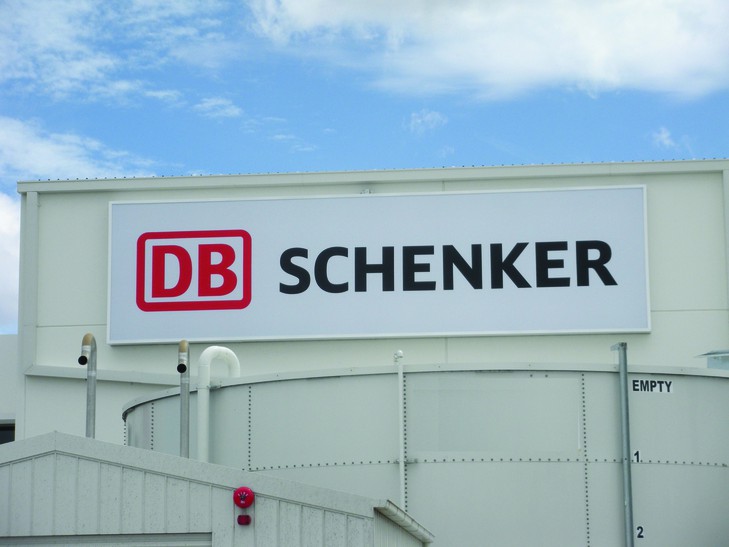The air cargo industry has won marketshare from ocean rivals
over the last year, but analysts have warned there will be a return to
sea transport.
In its weekly insight analysis, Drewry Maritime Research highlighted
the modal shift that had taken place as US west coast port congestion
caused by difficult negotiations between container terminal bosses and
union officials resulted in a shift to air.
During the messy negotiations, port representatives accused labour of
working to a go slow while unions accused the terminals of turning away
workers.
Drewry said that the port delays forced shippers to switch to “more expensive airfreight”.
Drewry data shows that the spike in demand caused eastbound
transpacific airfreight rates to shoot up from just over $4 per kg in
the first half of last year to around $5.25 per kg towards the end of
the year, although prices have since dipped below the $4 mark and are
now below last year’s level.

Drewry said the decline in rates has come in line with the end of the
shopping season and also because “US port operations have sharpened
up”.
Other figures also point to a shift from ocean to air and also
suggest some of that changeover has been maintained, even though ports
have improved operations.
US Census Bureau data shows that airfreight only increased its share
of US import containerisable trade from 2.4% at the start of 2014 to
2.8% in May, looking at individual commodity types reveals a greater
shift.
The analyst said in normal circumstances there is very little overlap
in the goods that ocean and air cargo move but the small bubble they do
fight over in the middle include items and parts from the hi-tech,
fashion, and automotive industries among a small select group that
require expedited transportation.
However, Census Bureau “provide evidence of the general upwards trend
for air cargo services in the last year or so with the high-tech
commodities registering the most significant rise”.
It added: “Fashionable clothing, here represented by women’s blouses,
has been switching to air in recent months in readiness for the summer
season.
“The need to get more mundane everyday clothing such as men’s vests
and T-shirts is less pressing, but even here there has been a small move
towards air cargo.”
Drewry’s long-term prognosis for modal shift towards air was not positive.
On a more positive note, it said the current capacity oversupply and
nosediving ocean freight rates could help maintain the modal shift for a
while longer as shipping lines suspend and miss sailings to try and
correct the situation, forcing shippers to use air to maintain supply
chains.
It said: “The big picture is of the far cheaper ocean freight sector
growing at a much faster rate than air cargo with greater demand for the
sorts of goods that are typically moved by containers and the fact that
more higher-value goods, the bread and butter for air traffic, are
increasingly being trusted to ocean carriers.
“As port operations improve on the US west coast the reversal in the long-term shift towards ocean will resume.
“The prospects of missed sailings in the peak season as ocean
carriers look to redress the supply-demand imbalance could potentially
prolong the blip for a small number of high-value goods.”










.jpg)



